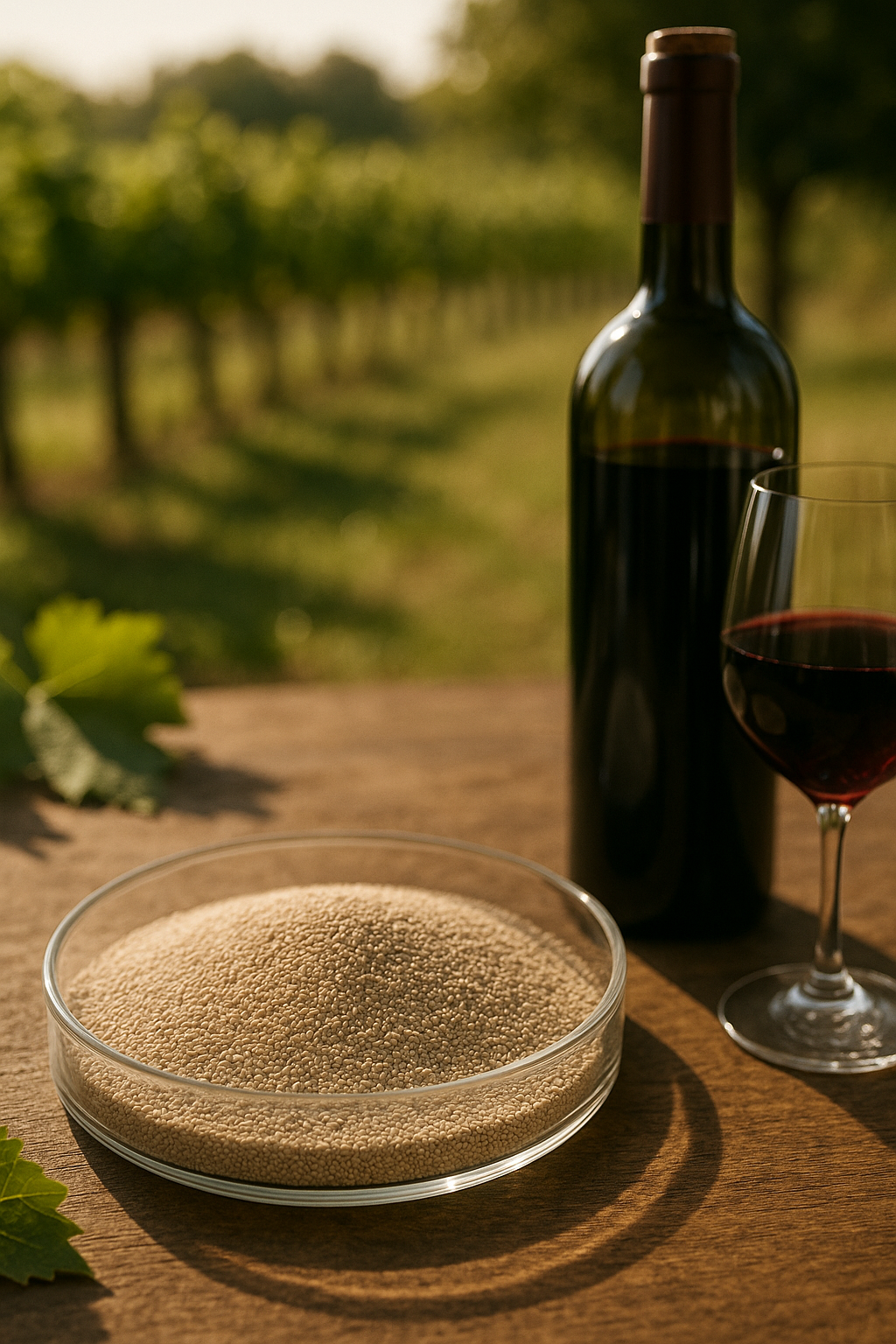
Eco-friendly yeast: the heart of organic wine
Share
The Role of Yeast in Winemaking
Yeast plays a pivotal role in the winemaking process, acting as the essential catalyst that transforms grape juice into wine. This microscopic fungus ferments the sugars present in the juice, producing alcohol and carbon dioxide, while also contributing to the wine's aroma and flavor profile. In organic winemaking, the choice of yeast becomes even more significant, as vintners often rely on native or wild strains that thrive in their specific terroir. These indigenous yeasts not only enhance the wine's complexity but also reflect the unique characteristics of the vineyard, fostering a deeper connection between the land and the final product. Furthermore, using eco-friendly practices, such as minimal intervention and organic farming, allows these yeasts to flourish naturally, promoting biodiversity and sustainability within the vineyard ecosystem. By embracing the role of yeast in this organic context, winemakers can create wines that are not only delicious but also harmonious with their environment, showcasing the beauty of nature in every bottle.
The Rise of Organic Wine Practices
As the demand for organic wine continues to surge, so too does the innovative use of eco-friendly yeast in winemaking. This shift not only reflects a broader commitment to sustainability but also enhances the quality and character of the wine itself. Organic practices prioritize natural ingredients, and the selection of yeast becomes crucial in this process. Unlike conventional winemaking, which often relies on commercial yeast strains, organic producers are increasingly turning to indigenous or wild yeasts. These naturally occurring microorganisms contribute unique flavors and complexity, allowing the terroir to shine through in each bottle. Furthermore, organic yeast cultivation minimizes chemical inputs, aligning with the principles of biodiversity and ecosystem health. As consumers become more conscious of their choices, the integration of eco-friendly yeast not only meets market demand but also fosters a deeper connection between the wine, its environment, and the people who produce it. This evolution signifies a pivotal moment in the wine industry, where tradition meets innovation for a more sustainable future.
Why Eco-friendly Yeast Matters in the Industry
The significance of eco-friendly yeast in the wine industry extends beyond mere fermentation; it embodies a commitment to sustainability and environmental stewardship. By utilizing yeast strains that are cultivated without synthetic fertilizers or pesticides, winemakers not only enhance the purity of their products but also minimize their ecological footprint. This practice supports biodiversity, as these natural yeasts thrive in their native environments, fostering a more resilient ecosystem.
Moreover, eco-friendly yeast can contribute to the unique flavor profiles of organic wines. These strains often impart distinct characteristics that reflect the terroir, allowing the wine to tell a story rooted in its origin. As consumers increasingly seek transparency and authenticity in their beverages, the demand for wines produced with eco-friendly yeast continues to rise. This shift not only benefits the environment but also encourages a new generation of winemakers to embrace sustainable practices, ensuring that the art of winemaking evolves harmoniously with nature.
